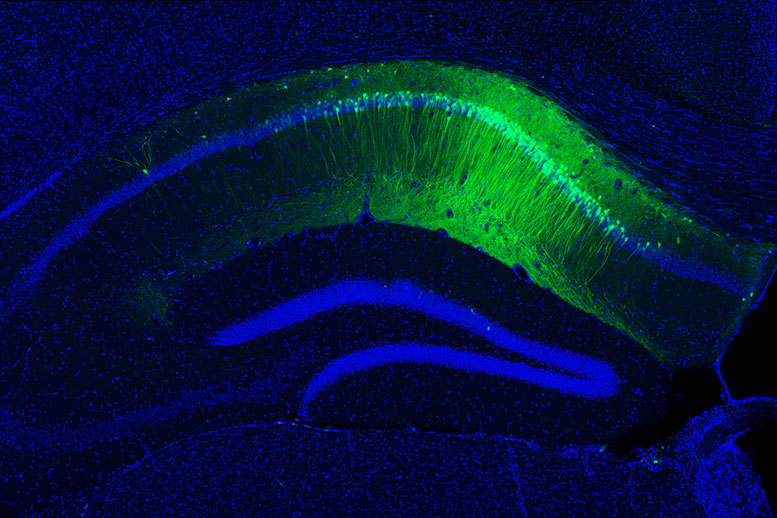Experts at the University of California, Riverside have unveiled the mechanisms by which the brain stores remote fear memories.
Their study was released in Nature Neuroscience.
A remote fear memory is a piece of memorical material of traumatic events that may have occurred months or decades ago.
“Once acquired, contextual memories gradually mature to a stabilized form in the neocortex. After systems consolidation, the retrieval of remote contextual memories requires neocortical activity and depends less on hippocampal activity as the standard consolidation model propose,” according to the study’s authors.
“In this study, we demonstrate that the long-term storage of remote contextual memories involves progressive and synapse-specific strengthening of excitatory connections between mPFC engram neurons.”
“Our study suggests that progressive and synapse-specific strengthening of PFC circuits can contribute to long-term storage of contextual memories.”


